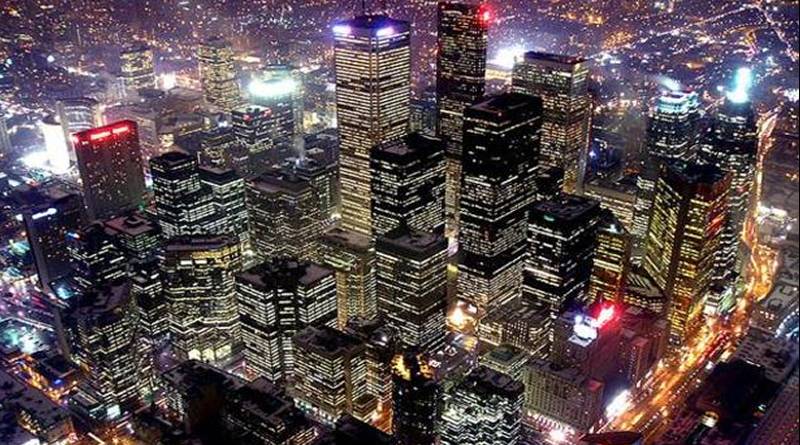World’s megacities have the power to accelerate climate action: report
The world’s megacities have the power to accelerate climate action on a transformative scale, according to new research published by the C40 Cities group at the weekend.
The C40 Cities Climate Leadership Group (C40) has released a report showing that the world’s megacities–roughly defined as cities with a total population of more than 10 million–are fast expanding efforts to curb climate change, such as implementing tough energy efficiency standards for buildings.
The report, Climate Action in Megacities Volume 2.0, was developed in partnership with Arup to demonstrate how city mayors have the power to enact climate action on a wide scale, by analyzing trends across key sectors and locations.
C40 Chair and Rio de Janeiro Mayor Eduardo Paes, said: “Mayors have real power to cut emissions and improve climate resilience, and they are taking action. C40’s networks and efforts on measurement and reporting are accelerating city-led action at a transformative scale around the world.”
Part of the highlights from the report include; 98 per cent of reporting cities indicate that climate change presents significant risks to their city; the number of climate actions collectively taken has doubled over 8,000; 90 per cent of respondents say they are taking actions to reduce emissions from outdoor lighting; actions to improve energy efficiency in buildings account for more than 20 per cent of activities across all sectors reported on with an average of 175 actions per city.
The C40 Climate Leadership Group is a network of leading cities from around the world which are addressing climate change, that The Climate Group helped initiate in 2005. This week the C40 are gathered in Johannesburg for the fifth biennial C40 Cities Climate Leadership Group Mayor’s Summit where the report was released.
“Hosting this C40 summit is a privilege for the City of Johannesburg, South Africa, and the African continent”, said Johannesburg Mayor Tau. “As mayors of big cities, we have a responsibility to provide leadership and to share our experiences, best practice and capacity for innovation with the rest of the globe. We take action on this front because of our shared conviction that climate change is one of the greatest challenges of our time. In the end, we are measured not by how much we undertake, but by what we finally accomplish.”
Speaking at the Summit in Johannesburg at the weekend, Christiana Figueres, Executive Secretary, UNFCCC highlighted the influence of city mayors such as New York City’s former mayor, Michael Bloomberg, and former C40 Chair. In her address transcript, Figueres said: “Last year we were all shocked by the power of destruction of Hurricane Sandy on New York, but not all were brave enough to publicly make the link to the growing waves of devastation of climate change. Mayor Bloomberg was clear and public in his assessment. May I congratulate you Mayor Bloomberg for your courage, and for the ambitious ‘Stronger and More Resilient New York’ plan that you developed after the storm. I am delighted that the Secretary-General of the UN recently named you Special Envoy for Cities and Climate Change. May I publicly warn you that I will be frequently knocking on your door.”
She spotlighted cities’ unique understanding of environmental efforts: “Cities have also progressed in their efforts to address climate change. Of course, cities do this in a more granular way than national governments, because cities know what sustainability means on the ground, in every home, along every highway and every street, in every building and every recreation area.”
Figueres concluded by addressing the gathered city leaders with: ” I thank you for all you are doing in the present to address the urban and the climate change agendas simultaneously. And I thank you for what you are planning to do in the future to build more livable, more sustainable cities for today’s children and future generations.”




